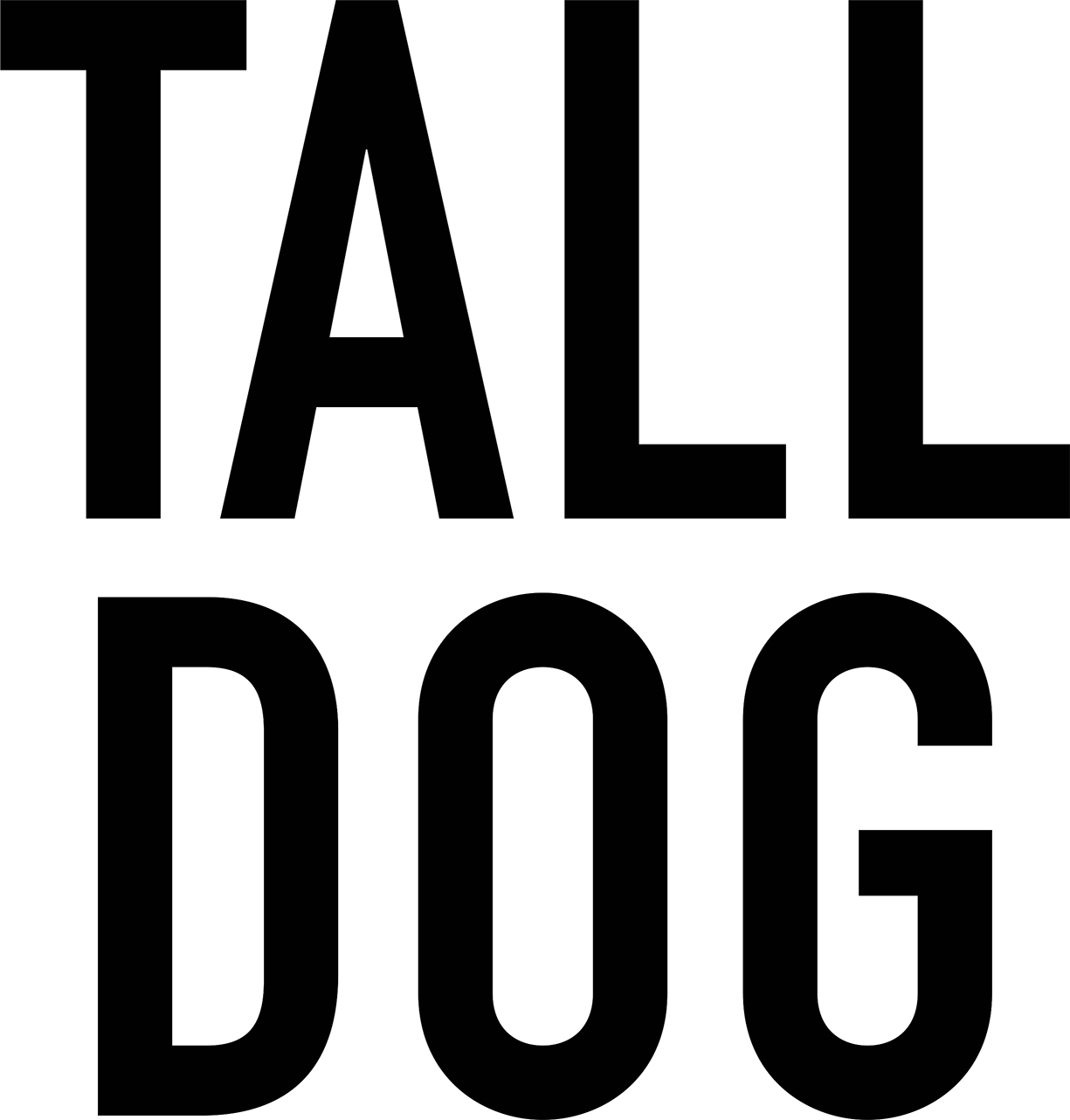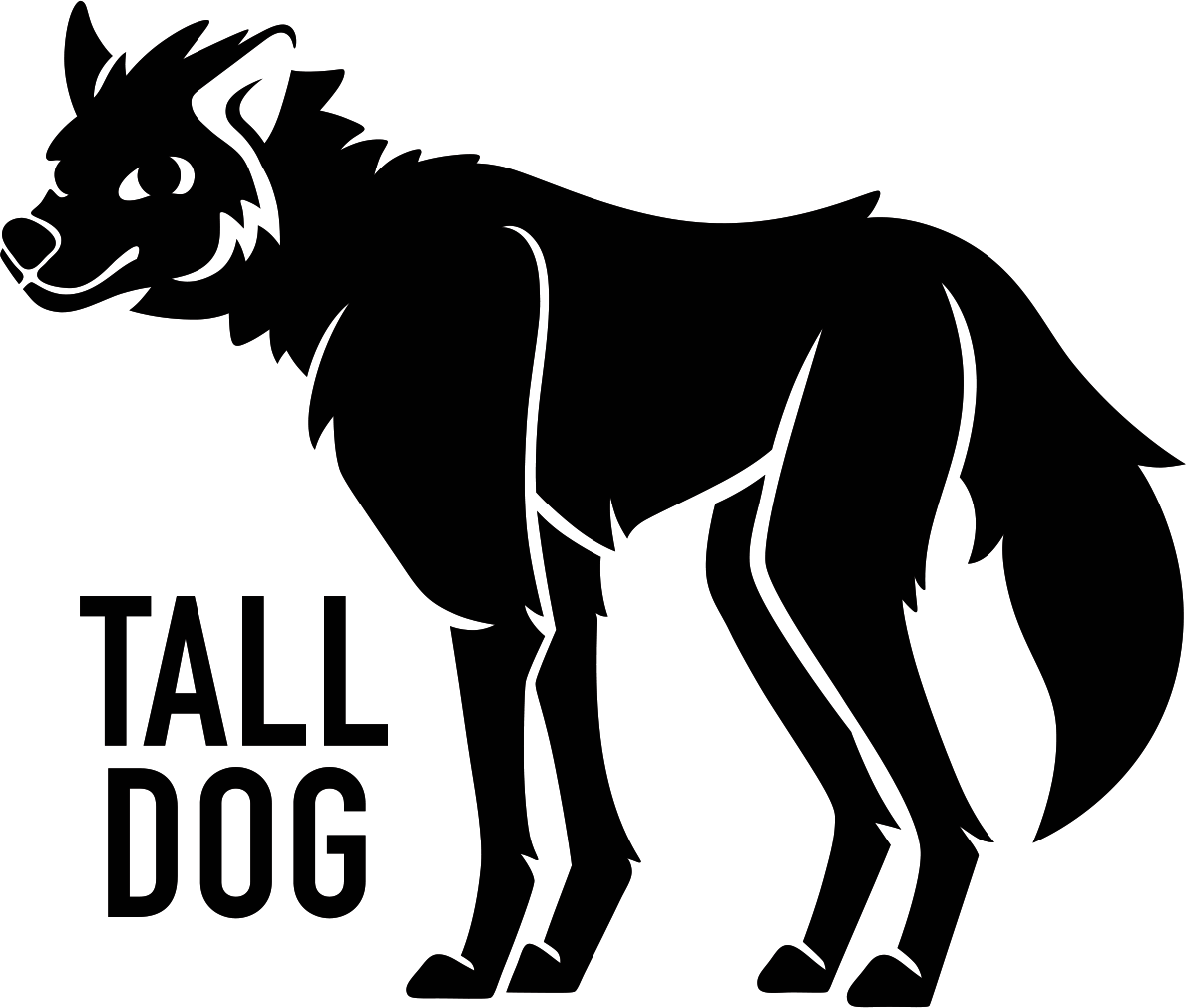Open Source
Basics
We offer five assembled modules at the moment. Four are licensed Creative Commons Attribution-ShareAlike 4.0 International (CC BY-SA 4.0) and one is licensed Creative Commons Attribution-NonCommercial-ShareAlike 4.0 International (CC BY-NC-SA 4.0). Our choice of these licenses has been dictated by the licenses of the works from which our modules are derived.
In short, CC BY-SA means that derivative works can be used for any purpose, without express permission, as long as attribution is given to the upstream creators and any derivative works are released under the same license (or a compatible one). Likewise, CC BY-NC-SA is exactly the same, except for an additional restriction that derivative works cannot be used for commercial purposes, without explicit permission from the upstream creator.
We follow the legal terms of these licenses by giving the necessary attribution—in documentation and on the modules themselves—and by releasing our modified designs on GitHub. In the case of the CC BY-NC-SA licensed module (µo_C SE), we requested and received explicit written permission from the original creator, Max Stadler (mxmxmx), to produce and sell this module commercially.
Context
Open licenses allow prior released works to be commercialized by others when a commercial demand for them exists but the original author cannot or chooses not to meet it. This benefits the commercializer (who can generate income) and the users (who have greater access to the works, and works based on them), but does not necessarily benefit the original creator.
If the original creator is already trying to commercialize their work, they now have increased competition, and their income might be reduced as a result. This could create a disincentive for creators to release their work under an open license, especially if they're trying to make a living from that work. However, many creators still choose to open-source their work, allowing it to benefit from any modifications or improvements made by others.
Our Beliefs
We love open source hardware and software, and are extremely grateful to the people who release their original work under these permissive licenses, so that other people can learn from, improve, and create derivative works based on their creations.
Aside from the legal requirements, our commercialization of open source work raises some serious ethical considerations. Specifically, if we are making money based on other people's open designs, do we have an ethical responsibility to share some of that income with them? We believe the answer to this question is yes, which motivates us to voluntarily go beyond the terms of the license.
Is it feasible for us to operate within a commercial, intellectual property-based system and within an ideological, open-source system at the same time? Our goal is to find out. We're certainly not the first people to experiment within the intersection of these domains.
Our Practices
- We contact upstream creators before selling a product, in order to share our design with them. We think they have a right to know in advance how their work is being used, and we think they should have the opportunity to share their thoughts before it's released.
- We ask their permission to make and sell the product. This can get tricky, since permission is not required (for CC BY-SA works), but we think it's respectful to ask anyway. Some creators have been willing to give us explicit permission, and some have been content to simply point back to the terms of the license under which they originally released their work.
- We believe that it would be (in most cases) unethical for us to proceed with selling a product if the upstream creator explicitly requested that we not move forward with it, despite their previously selected open license. We haven't encountered this scenario yet, but we think it's important to be mindful of it anyway.
- We do not seek their endorsement of our design. They are free to give it, if they choose to do so, on their own terms, but their endorsement should not be implied nor assumed.
- We offer a voluntary monetary donation for each unit that we sell. It's important to note that we have not entered into a contract or legal agreement with the upstream creator. Since the production cost or retail price of a module might change over time, we may also adjust the amount of these donations from time to time, on a per-unit basis.
- We pay these donations in accordance with the wishes of the upstream creator. In some cases, we have been instructed to make these donations to charity—either to one of their choice or ours—and we are more than happy to do that. In these cases, the same amount is donated that would have been paid to the upstream creator directly.
- For privacy reasons, we do not disclose who has or hasn't made these kinds of requests, nor the specific amount of any individual payment. That disclosure is up to them; whether they want that information to be public or not. It’s their choice, and we don't make any judgements about that.
Donations
To date, we have made a total of $10,556 USD in donations, including donations made to the following non-profit 501(c)(3) organizations:
| Electronic Frontier Foundation | $1,980 USD |
| Software Freedom Conservancy | $1,980 USD |
| GiveWell's Top Charities | $1,656 USD |
| CARE International | $1,412 USD |

